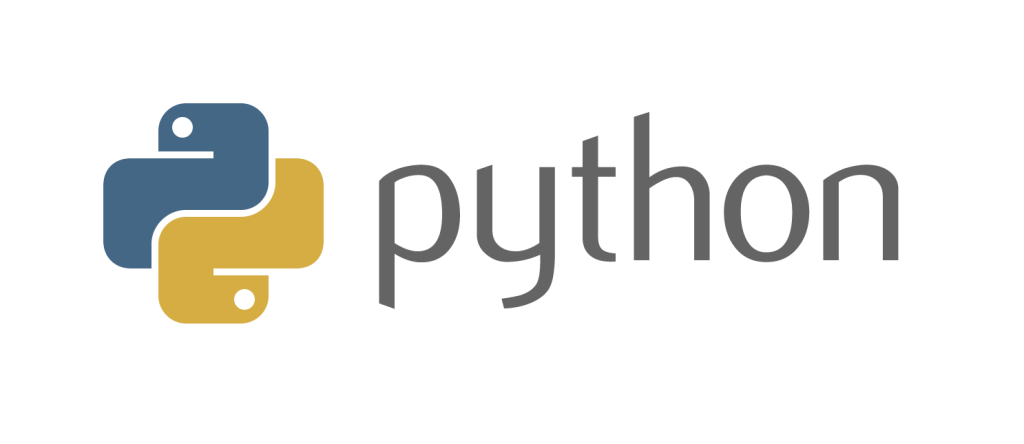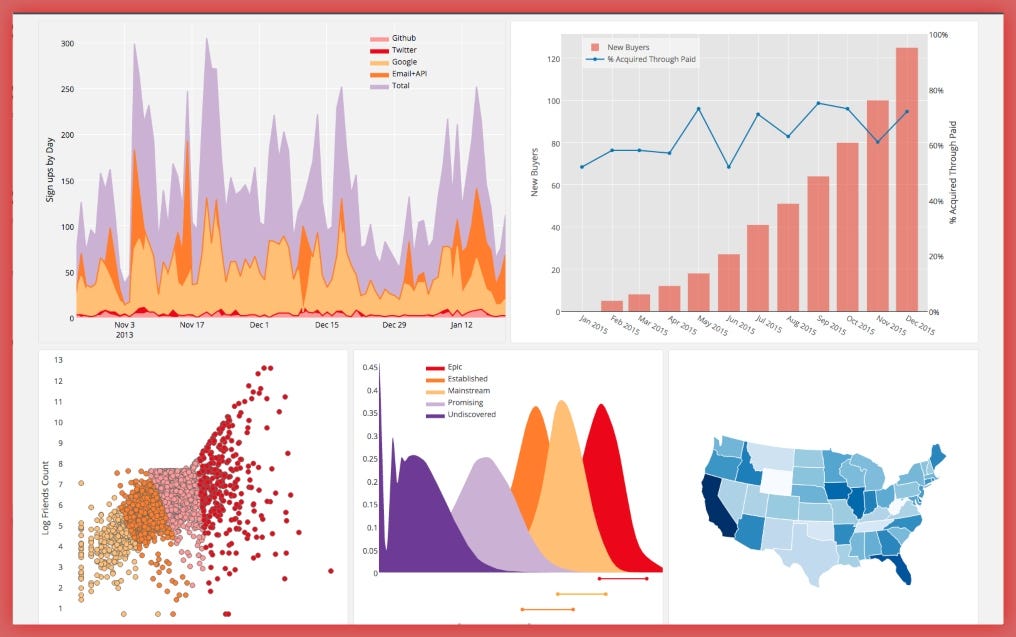How to Use Python for SEO Automation: Practical Examples
In the hustle and bustle of digital marketing, SEO automation is the secret sauce that can give you a competitive edge.
It’s the unsung hero that allows marketers to focus on strategy, not just tedious tasks.
But how do you actually implement it?
Let me tell you about Python, the versatile programming language that can streamline SEO efforts like a skilled sous chef prepping for a culinary masterpiece.
SEO automation isn’t some futuristic concept; it’s already shaping how we approach digital marketing.
Let’s break down what it means and how it benefits marketers.
What is SEO Automation?
SEO automation involves using technology to perform tasks that normally require human effort.
Think of it as having a digital assistant that’s excellent at repetitive, data-driven work.
Python plays a pivotal role here, offering straightforward commands to automate aspects of your SEO strategy.
This can include keyword research, content optimization, or backlink monitoring.

Benefits of Automating SEO Tasks
Why should you automate SEO tasks?
The advantages are compelling.
Efficiency skyrockets as Python handles repetitive tasks swiftly.
Time savings mean your team can focus on high-level strategies.
Meanwhile, accuracy improves because automation reduces human error.
Overall, automation empowers marketers to operate with laser-focused precision.
Getting Started with Python for SEO

To harness the power of Python for SEO, you need a solid foundation. Setting up your Python environment is the first step toward automation mastery.
Setting Up Your Python Environment
Before diving into scripts, install Python and some must-have libraries.
First, download Python from python.org and follow installation instructions for your operating system.
Next, install libraries like Beautiful Soup for web scraping, Requests for HTTP requests, and Pandas for data manipulation.
You do this using Pip, Python’s package installer, with commands like:
pip install beautifulsoup4
pip install requests
pip install pandas
Basic Python Syntax for SEO Tasks
Python’s simplicity is its strength.
Get familiar with basic syntax: variables, loops, and functions.
For SEO, learn how to manipulate strings and lists — these are your building blocks for automation tasks like generating keywords or processing HTML content.
Web Scraping for Keyword Research
Keywords are the pulse of SEO.
Use Python to scrape search results and gather keyword data.
Libraries like Beautiful Soup and Requests are invaluable here.
Write a script that pulls data from search engine result pages (SERPs) and organizes it into a CSV file for easy analysis.
This approach helps identify high-traffic keywords without manual effort.
Automating On-Page SEO Audits
Checking hundreds of pages manually for SEO compliance is a daunting task.
Python scripts can verify the presence of essential on-page elements like title tags, meta descriptions, and headers.
Use libraries to parse HTML and check each page against your SEO guidelines.
Now, your audits are accurate and lightning-fast.
Monitoring Backlinks with Python
Backlinks are tricky to track manually.
APIs combined with Python scripts offer a perfect solution.
Write a script to connect to a service like Ahrefs or SEMrush, pull backlink data, and notify you of changes.

Monitoring backlinks has never been easier or more efficient.
Ready to level up? These advanced techniques show how Python can do even more for your SEO strategy.
Using Python for SEO Reporting
Reports are crucial for tracking progress.
Automate them by pulling data through Python scripts.
Use Pandas to manipulate data and Matplotlib to create graphs.

Generate visual reports that compellingly convey your SEO victories.
Integrating Python with SEO Tools
Python can enhance your existing SEO tools.
Connect scripts with Google Analytics to pull traffic data or use APIs to gather insights from Ahrefs.
This integration empowers you to create a comprehensive SEO toolkit that’s tailor-made for your business goals.
Conclusion
In the saturated world of digital marketing, SEO automation isn’t just a luxury—it’s a necessity.
Python presents an accessible, powerful way to automate mundane tasks, freeing up time for creativity and strategy.
As you explore the possibilities, you’ll find that this dynamic duo can transform your SEO campaigns, making them more effective and efficient.
If you have any questions or would like to use my custom scripts, let me know in the comments below.
